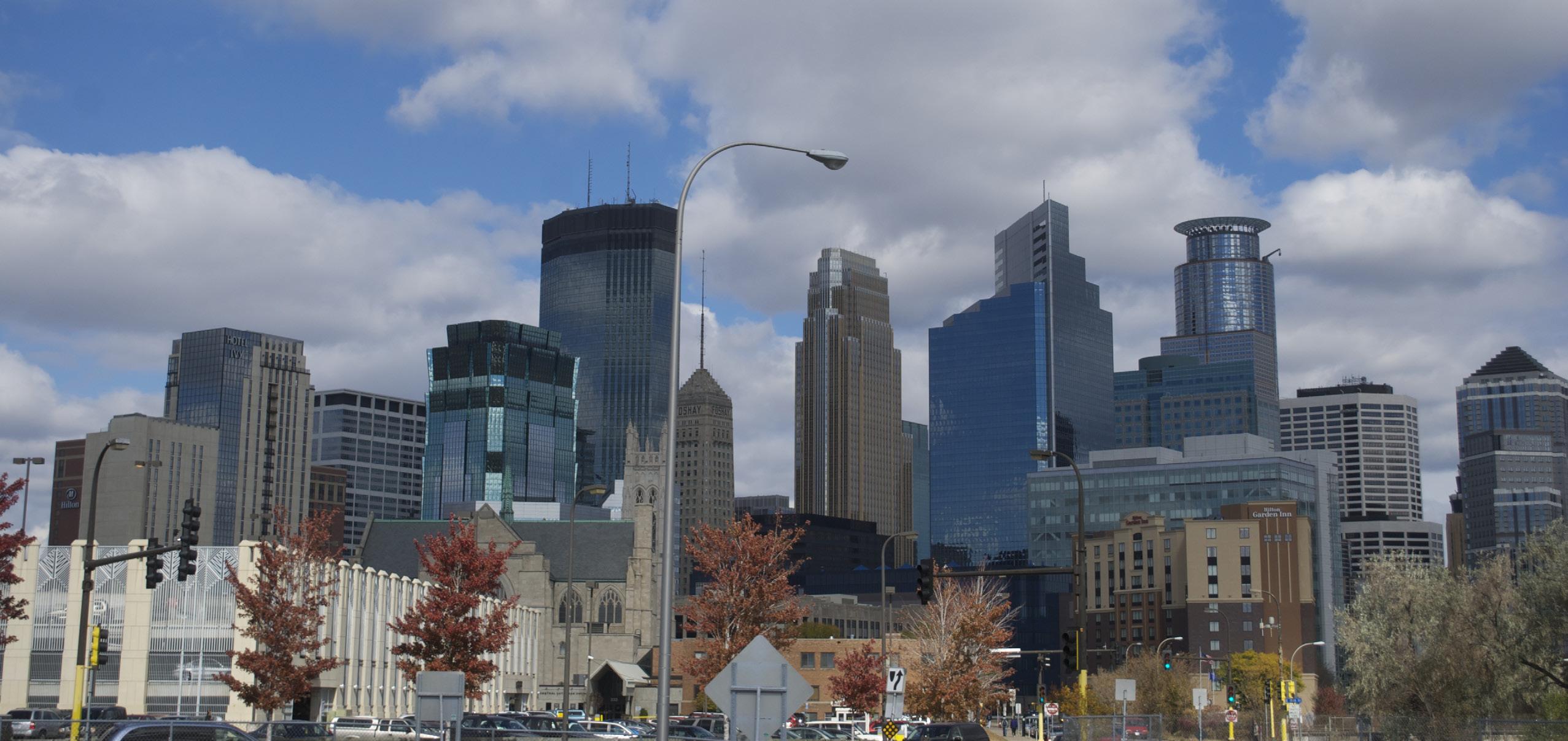
7 minute read
Undocumented seniors are at a high risk
Undocumented Seniors are at a High Risk of Contracting Covid-19. Here’s Why
”I leave it in God’s hands,” says a 63-year old Mexican immigrant, Micaela Roldan, when asked about the measures she is taking to prevent herself from Covid-19. Roldan has chronically swollen feet, and besides that, she suffers from depression and insomnia originating from the death of her son in a car accident in 2018. Despite her condition, she has no health insurance and avoids seeking medical care even from a low-cost health clinic citing she cannot afford that from the pennies she makes from selling popsicles on the streets of Oxnard, California.
Roldan has worries of contracting Covid-19 due to her daily interactions with the public and lack of consistent preventive care, which puts her at a very high risk of severe complications if she contracts the virus.
Roldan is just one of the estimated 1.5 million undocumented residents in California who have no health insurance. From the figure, about 27,000 are seniors aging from 65 years and above. Unless a special case such as pregnancy or an emergency, undocumented people aging above 25 years of age do not qualify for Medi-Cal, California’s health insurance program for Californians with low incomes. The same group of people is also not allowed to purchase coverage through the state’s health insurance exchange, Covered California.
Apparently, amid the Covid-19 pandemic, public health experts, together with immigrant advocates, are calling on California governor, Gavin Newsom, and state legislators to fulfill a budget proposal that would see MediCal accommodating undocumented seniors. They argue that the uninsured state of the thousands of senior residents puts them and the broader public at risk. Early this year in January, the governor has proposed allocating $80 million toward a similar move in next year’s budget, but so many uncertainties surround the plan given the state’s projection of being short of $54 billion due to the Covid-19 crisis.
”It’s the smart thing to do,” state Senator Los Angeles Maria Elena Durazo said. ”If there are people in our state who are our neighbors, who go to church with us, their kids go to the same schools; you go to the beach together. To think that somehow we are not going to be affected if there are 1.5 million undocumented (residents) who do not have access to healthcare is ridiculous.” Sen. Elena recently authored a stalled 2018 bill to expand Medi-Cal coverage to undocumented seniors.
However, some are opposing the proposal to expand Medi-Cal to undocumented seniors. The opponents have expressed concerns that the plan would be a burden to taxpayers citing that the state should focus its resources on its legal citizens. The chairman of the Ventura County Republican Party, Mike Osborn, questioned the legality of the proposal and termed it as ”a political move.”
HESITATION TO ACCESS HEALTHCARE
Coronavirus testing and treatment had been declared free of charge as of April 8. However, according to Vanessa Teran, policy, and communications associate with the Mixteco/ Indigena Community Organizing Project (MICOP) based in Oxnard, many undocumented immigrants do not realize that. Vanessa adds that most of these immigrants are accustomed to delaying or avoiding medical care citing lack of medical insurance, and the fear of acquiring medical bills which they cannot afford.
Others are misguided to believe that they could get penalties under the ”public charge” rule imposed by the Trump administration for receiving governmentfunded Covid-19 care. However, US Citizenship and Immigration Services has explained that the rule does not apply to Covid-19 testing and treatment. Despite the free Covid-19 testing and treatment for the undocumented people, their trouble does not end there. ”Although testing and treatment for COVID-19 is covered, other ailments may not be, putting uninsured people at risk of paying for care if it turns out they do not have the virus,” states Steven Wallace, associate director of the UCLA Center for Health Policy Research. ”Undocumented immigrant communities tend to live by the mantra ’when in doubt, go without,’ when it comes to medical care.”
However, in some regions such as in Ventura County, undocumented and low-income persons are offered with substantially discounted primary and specialty health services. ”The county implemented further discounts in April,” states Dee Pupa, the deputy director of managed care for Ventura County Health Care Agency. ”The cost of an office visit now starts at $10, including any in-clinic tests for the lowest-income individuals, and $25 for urgent or specialty care, she said. A network of eight pharmacies supplies free or low-cost prescription drugs to the uninsured.” The government should revisit the issue and make it better for undocumented persons. To immigrants like Roldan, health insurance is like a far-off dream. She has no hope left for the situation to get better any day. This situation is heartbreaking as many immigrants left their motherlands to come to live the American dream. The government should consider this growing population of undocumented persons, who are also taxpayers.
Works cited,
https://www.calhealthreport.org/2020/05/12/ at-high-risk-from-coronavirus-undocumentedseniors-fear-seeking-medical-care/

Through its Covid-19 Local News Relief Fund Grant Program on May 7, Facebook announced that it is awarding nearly $10.3 million to about 144 local newsrooms. Several Black-owned newspapers in California were lucky to receive the grants. The grants are geared towards helping the newsrooms survive the economic downturn caused by the Covid-19 pandemic. According to the Facebook Journalism Project, more than half of the beneficiaries from the grants are publications ran by and targeted to communities of color from which most of them are independent or family-owned. comments that the money is timely. “I am thrilled [the Focus] was selected to receive this grant. This will help us continue to serve our Community with timely and valuable news and information on COVID-19 and better inform our Community,” she says. Elsewhere, founder of Voice Media Ventures and publisher of Black Voice News Paulette Brown-Hinds seems to have big plans for the money. “This Facebook grant will allow our team to build on our current reporting on the economic impact of COVID 19 on our community, as well as expand our expertise in data journalism and data visualization and mapping,” Paulette says. ”As a community-focused media entity, we look forward to continuing to be a resource, not simply contributing to community thought and understanding, but to community engagement and action.” ”We are honored to have been chosen to receive the Facebook Journalism Project COVID-19 program Grant,” says Danny J. Bakewell, Sr., executive editor and CEO of the Los Angeles Sentinel. ”We have been and remain committed to helping our Community survive in these unprecedented challenging times when all businesses and families are struggling, especially those within the African-American Community… This grant will help us to continue our mission of informing our Community of the resources available to help navigate through this pandemic so that we can all come through this together — safe, healthy with our dignity intact.”
The grant beneficiaries were chosen from a collection of However, the grants were not offered to every Blackmore than 2,000 applicants by the Facebook Journalism owned newspaper in California, especially from the Project and its partners that include the Local Media Northern side. The Oakland Post from Northern Association and the Lenfest Institute for Journalism. California did not benefit from the grants but “We’re proud to support this diverse group of publishers expressed their delight since so many Black-owned — many of which are family or independently owned,” media nationwide benefitted. “I am pleased to see that said Campbell Brown, VP of global news partnerships Facebook invested in African-American and other ethnic at Facebook. “Not only are these journalists working media,” publisher of the Oakland Post, Paul Cobb said. tirelessly to serve people right now — they are focused “I am, however, concerned that it was concentrated in on transformation, building innovative local news Southern California and left a huge void with the rest of businesses that the Black community can continue to state-wide. I hope serve communities beyond the current CALIFORNIA BLACK NEWSPAPERS this opens the door for more pandemic.” WINS HUNDREDS OF THOUSANDS conversations to fund those who still Most of the Blackowned California IN FACEBOOK GRANTS need support.” newsrooms that It is impeccable received grants to have someone of over $300,000 intervene during are located in Southern California, such as the greater such unprecedented times. Facebook has shown Los Angeles area. They include the L.A Sentinel, the its support for the newsrooms, which directly or L.A. Focus Newspaper, the L.A. Wave and Independent indirectly affects the whole Community at large. Other Newspaper Group, and Black Voice News from Riverside. organizations should therefore embrace and follow the WHAT BENEFICIARIES HAD TO SAY corporate social responsibility not necessarily to the Publisher of the L.A. Focus Newspaper, Lisa Collins, newsrooms but to the other affected sectors as well.
example shown by the social media giant in playing their

Works cited.
https://postnewsgroup.com/2020/05/13/california-blacknewspapers-win-hundreds-of-thousands-in-facebookgrants/











